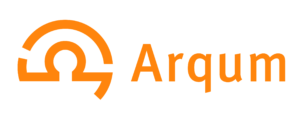Despite considerable energy reserves, the economically strongest and most populous country in Africa is faced with major challenges in utilising energy in a sustained manner. As the supply of power cannot be guaranteed, almost all companies and consumers use their own diesel generators for several hours a day to cover power needs. This is neither in terms of efficiency nor in terms of environmental protection aspects a sustainable approach. As part of the Nigerian Energy Support Programme (NESP), Jens Haubensak advises the Nigerian government and a number of business associations on behalf of the German Society for International Cooperation (Deutsche Gesellschaft für Internationale Zusammenarbeit). The purpose is to evaluate the scope for implementing energy efficiency networks (EEN) in Nigeria’s industry. This undertaking is based on Arqum’s long track record with similar projects in China, India, Brazil, South Africa and Mexico. During an advisory mission to Abuja and Lagos at the end of November, the benefits of EEN were presented to the Nigerian government and association representatives. In the process, approaches were prepared for launching the project concept in Nigeria. During a second mission, planned within the first six months of 2016, the project partners are then supposed to adopt a joint implementation and instructional training programme for EEN in Nigeria.
EU Supply Chain Act
European Commission publishes draft “Corporate Due Diligence Directive”.

